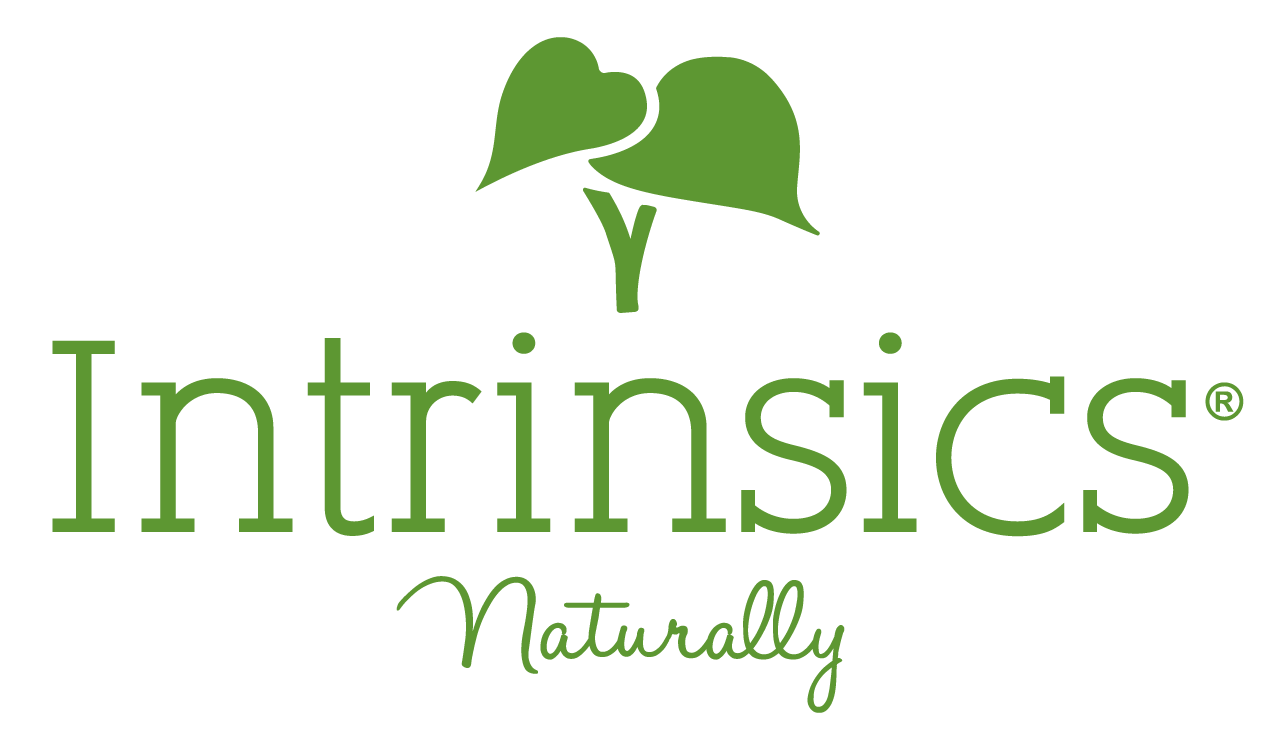One of the biggest health and beauty mistakes you can make is not wearing sunscreen. On a daily basis, you’re exposed to harmful UV rays from the sun, but just like any beauty or health product, it can be difficult to know which sunscreen is right for you.
To help you properly celebrate the holiday week and summer kickoff, we’ve decoded sunscreen labels so you can confidently choose your next bottle.

From the Sun:
UVA: Ultra Violet A. These rays are harsh. Penetrating to the dermis, or the second layer of skin, they can cause wrinkles and hyperpigmentation. UVA rays can also penetrate clouds and glass!
UVB: Ultra Violet B. These rays from the sun are the ones that pierce your epidermis, the top layer of skin, and are responsible for those nasty sunburns you get when you don’t wear sunscreen.
On the Bottle:
SPF: Sun Protection Factor. The higher the SPF, the longer it takes to burn. For example, SPF 15 will protect for 15x longer than someone not wearing sunscreen at all. While that sounds pretty good, SPF 15 only blocks 93% of UVB rays compared to SPF 50, which blocks 98%.
Broad Spectrum: This sunscreen protects against UVB and UVA rays. If you aren’t using a sunscreen labeled broad spectrum, those harsh UVA rays could still be reaching your dermis.
Water Resistant or Sport: The FDA regulates that sunscreens must pass a variety of tests before being labeled Water Resistant 40 minutes or Water Resistant 80 minutes. This means that for40 or 80 minutes in the water or sweating, your sunscreen is still working. After that, reapplication is needed.
Baby: This label means the only active ingredients are titanium dioxide and zinc oxide, which are less likely to irritate a baby’s sensitive skin.
Sensitive/Hypoallergenic: In addition to the above referenced active ingredients, sensitive sunscreens don’t contain parabens, fragrance, oils, or other chemicals that could irritate skin.
Skin Cancer Foundation Seal of Approval: A symbol of safe and effective sun protection, the seal is granted to products that have been tested by an independent committee.
Once you start to understand what’s in your sunscreen and how it affects you, take a look at other products you use on a daily basis. Some ingredients are more harmful than other, but whenever you’re using Intrinsics single use products, you can be confident you’re getting quality products made with quality materials.

